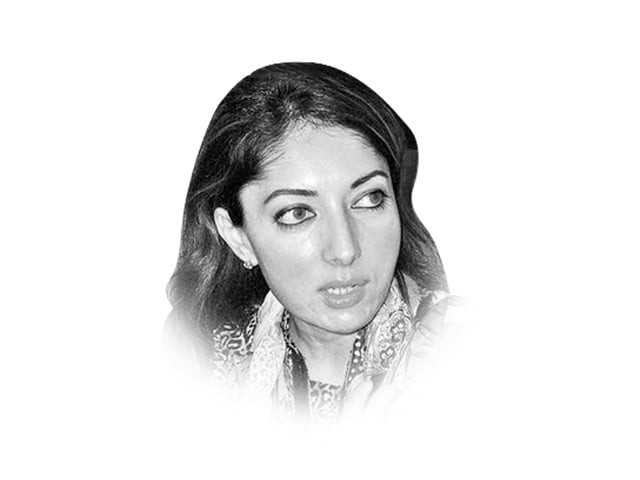Pakistan’s architect
If Jinnah was the maker of Pakistan, then Bhutto was its architect.

Post-independent Pakistan's history was held hostage by feudal autocrats and military-bureaucratic despots and this led to the tragic disintegration of the country in 1971. And it was the Quaid-iAwam, who lifted the forlorn Pakistan and made it stand on its feet. Soon after the fall of Dhaka, the first elected prime minister of Pakistan, Zulfikar Ali Bhutto, appeared on national TV and promised to build a new Pakistan; one free of exploitation and social injustices, and history stands witness to the fact that he came good on his pledge.
Shaheed Zulfiqar Ali Bhutto's visionary leadership shaped the events of the contemporary age according to the needs of the time. His policies became the guiding principles for all times to come. He changed the course of history in South Asia in the sense that his courageous actions saved his country from further disintegration.
The great apostle of Islamic Socialism was the sworn enemy of feudalism which, no doubt, was a canker in the body politic of Pakistan. He wanted an exploitation-free society and had succeeded, to a great extent to the achievement of that end. He did for the progress and prosperity of his country what Lenin had done for the Soviet Union and Chairman Mao had done for the People's Republic of China.
The chairman of the Pakistan People's Party, Zulfikar Ali Bhutto, was born to accomplish great deeds. He inspired his nation with a new hope and proved his worth by immediately launching revolutionary political, economic, agrarian, educational, industrial, labour, administrative and social reforms and saved his war-weary and famished country from total collapse. Pakistan entered 1972 under the wise and dynamic leadership of President Bhutto.
He was a determined of the poor and the exploited masses. He did not believe in drawing room chatter but believed in getting things done. His great est diplomatic achievement was the Simla Agreement when he outwitted Indira Gandhi. He secured the release of ninety thousand prisoners of war from India and also freed 5,000 square miles of Pakistani territory from Indian clutches. For this, he gave nothing in return except the promise of normalisation of relations which was in any case more to Pakistan's advantage.
In short, since assuming power this great man of vision and destiny, equipped with extraordinary intelligence and seething patriotic zeal fought successfully against landlords, jagirdars, sardars, capitalists, industrialists, big business, religious fanatics, corrupt bureaucrats, saboteurs, terrorists, foreign intriguers and foreign spies.
Prior to the advent of the Bhutto government which came into power on December 20, 1971, Pakistan never enjoyed a democratic constitution in the true sense of the word. Previous constitutions were framed for the country by self-styled politician and military dictators. Therefore, the 1973 Constitution was a milestone in the country's history. This was followed by wide-ranging land reforms to allow the peasantry to start a new life. He wanted that the labour class should fully share the country's prosperity.
He also stressed the need for the socio-economic development of FATA.
It was only after Mr Bhutto joined the government in 1958, that the country's foreign policy began to acquire a degree of balance, realism and a measure of independence, based on enlightened national interest.
However, the forces of darkness were always against his revolutionary ideals. His government was overthrown by Gen Zia in a military coup and he was eventually sent to the gallows. He preferred martyrdom but never bowed to the dictates of the extremist forces.
This was a judicial murder. The judiciary at that time was hand-in-glove with the dictatorial regime of General Zia. Now, the present cabinet has decided to reopen Zulfikar Ali Bhutto's case and this is no doubt a historic decision.
Published in The Express Tribune, April 4th, 2011.















COMMENTS
Comments are moderated and generally will be posted if they are on-topic and not abusive.
For more information, please see our Comments FAQ